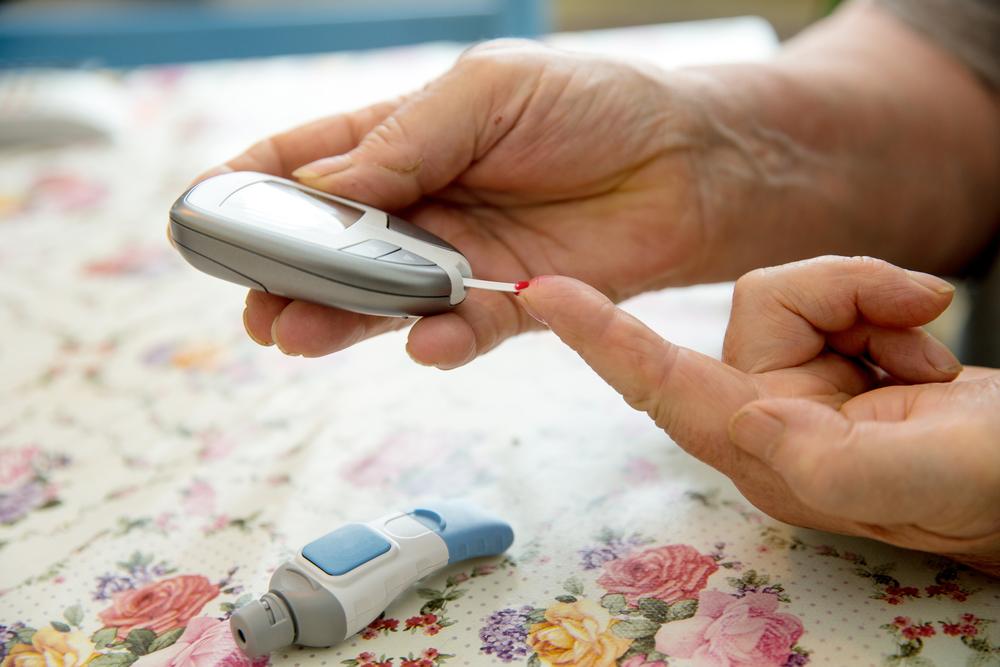Understanding Early-Onset Menopause and Its Impacts
Early menopause involves irregular cycles, hot flashes, and emotional changes, often alleviated by lifestyle adjustments. It can result from surgery, genetics, or health conditions, with symptoms varying among women. Recognizing signs and consulting healthcare professionals is crucial for proper management and health maintenance during this transition.
Sponsored

Early menopause often begins with irregular periods, with the interval between cycles gradually increasing. Hormonal fluctuations cause changes in cycle length, flow, and pattern, often catching women off guard as they do not expect menopause to occur prematurely.
Symptoms include hot flashes that typically start in the neck, face, or back and spread through the body, lasting from 20 seconds to 10 minutes. Red patches on the skin may appear during these episodes. Night sweats are common at night. Usually, these symptoms diminish within one to two years and tend to be milder in physically active women. Some women experience no symptoms, with menopause stopping suddenly. An early or late onset of menstruation does not influence menopause timing. Postmenopausal bleeding warrants medical attention.
Hormonal fluctuations during transition can cause vaginal dryness, pain during intercourse, and loss of vaginal tissue elasticity. Additional symptoms include breast soreness, dizziness, heart palpitations, incontinence, and mood swings. Psychological issues such as anxiety, depression, forgetfulness, and sleep disturbances are also common. Lifestyle improvements, exercise, and maintaining fitness often alleviate symptoms, with minimal need for medical intervention. Menopause may result from surgeries like radical hysterectomy with ovary removal—termed surgical menopause—while removal of the uterus alone does not cause menopause. Smoking can accelerate menopause onset, while premature ovarian failure, often idiopathic, can stem from genetic disorders, illnesses, or treatments like chemotherapy and radiotherapy. Conditions like diabetes, hypothyroidism, and syndromes such as Turner’s also contribute to early menopause.






